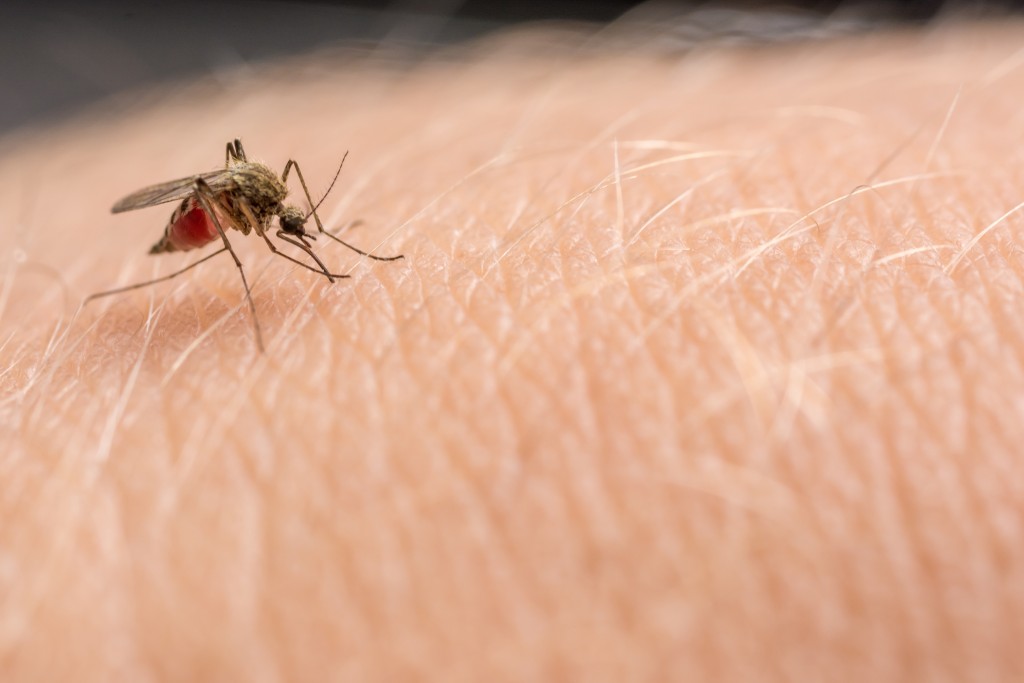In this day and age, we can’t be too careful about not getting sick. When we get sick, we can’t really do anything productive, and we’ll need to isolate ourselves to ensure that we’re not infecting anyone, especially when we are in the face of a pandemic. As such, we take precautionary measures to ensure that we are safe.
During hurricane season, the amount of rain and flooding in states like Florida and much of the Caribbean’s tropical countries can increase the risk of flooding and structural damages in the area. In most cases, these floodwaters can get stuck in hard-to-reach areas of your home. As most of us know, stagnant water can become a breeding ground for mosquitoes.
Although mosquitoes are only limited to tropical parts of the globe, they’re still some of the most proficient disease-carrying insects that have infected millions of individuals worldwide. Each year, around 400 million individuals are infected by dengue in tropical countries around the world.
Even though there are ways of treating dengue, there will be around 500,000 severe infections out of these 400 million infections and can often evolve into dengue hemorrhagic fever, which is a more serious form of the disease which can often lead to thousands of deaths if left untreated.
Should You Worry About Dengue And Malaria?
In certain tropical countries, especially those in South East Asia and the Caribbean, certain diseases such as dengue and malaria are known for being more prevalent during the rainy season, where there’s bound to be a higher likeliness of getting diseases that are waterborne. In some situations, influenza and leptospirosis cases can be easily transmitted in flooded areas, especially if most individuals have an open wound.
It’s important to note that most of these diseases often have the same symptoms as the flu. For most individuals, this can often be misconstrued as an outbreak of the current strain of the coronavirus (COVID-19), which can make it harder for most frontliners and health professionals to identify diseases.
In certain studies done in the Philippines, there were over 50,000 cases of dengue fever reported in some of the largest islands in the country. In months and days of the rainy season and when storms pass by, the number of cases is bound to increase.
Thus, it’s only appropriate that we take the necessary measures in stemming the flow of dengue and Malaria. But what are some symptoms to look out for? How do we prevent it? Here’s what you can do.
What Are the Symptoms of Dengue?
 Before we move on to the preventive measures, we’ll need to discern dengue and malaria symptoms so that we don’t mistake it for COVID-19.
Before we move on to the preventive measures, we’ll need to discern dengue and malaria symptoms so that we don’t mistake it for COVID-19.
Some symptoms include the following:
- Nausea
- Vomiting
- Muscular pain
- Pain in the joints
- Irritation and pain right behind the eyes
- Several red rashes and spots that are on your skin
- Organ damage in more severe symptoms
There are instances that dengue can develop even more lethal complications since most of our bodies react to certain types of infections in different ways. While individuals can manage the symptoms and start developing natural immunity to dengue, it’s still important to note that there are different strains (approximately four) of the diseases.
Professional Help
Dengue is known for being one of the more severe types of diseases that can cause fatal health complications if left untreated. When symptoms persist, it’s important to seek professional help from licensed medical practitioners as soon as possible.
But one of the best ways of addressing dengue and malaria is by addressing and preventing it directly. As most of us know, mosquitoes are the primary carriers of such diseases and are known for being the catalyst of most dengue and malaria outbreaks in most areas. Fortunately, pest control companies are more than ready to inspect areas that are infested with mosquitoes. Most of the time, exterminators will use smoke in killing mosquitoes while draining stagnant water that can serve as breeding grounds.
But other than getting professional help, here are some known preventive measures in reducing the risk of contracting dengue in your household:
- Children should avoid swimming in areas with stagnant water and avoid playing in flooded areas since this can often lead to them getting infected.
- It’s important to keep your surroundings as clean as possible. Other contagious diseases can spread through pests such as rats.
- You might have to drain any pooled water that has seeped towards hard-to-reach areas. This will prevent mosquitoes from laying eggs. If there are containers filled with water inside your home or in your garden, they should be tightly sealed.
- If you live in an area that’s infested with a high number of mosquitoes, you might want to try repellents. However, there are some plants that are naturally known for deterring such pests. If possible, individuals should also wear long-sleeved clothing or put up mosquito nets when they’re sleeping.
Stopping dengue and keeping your family safe is all about addressing the source of the problem: mosquitoes. With simple modifications to your home and being vigilant on standing water, you can advert any dengue outbreaks by keeping your surroundings clean. After all, healthy and wellness should be the top priority in these tumultuous times.




